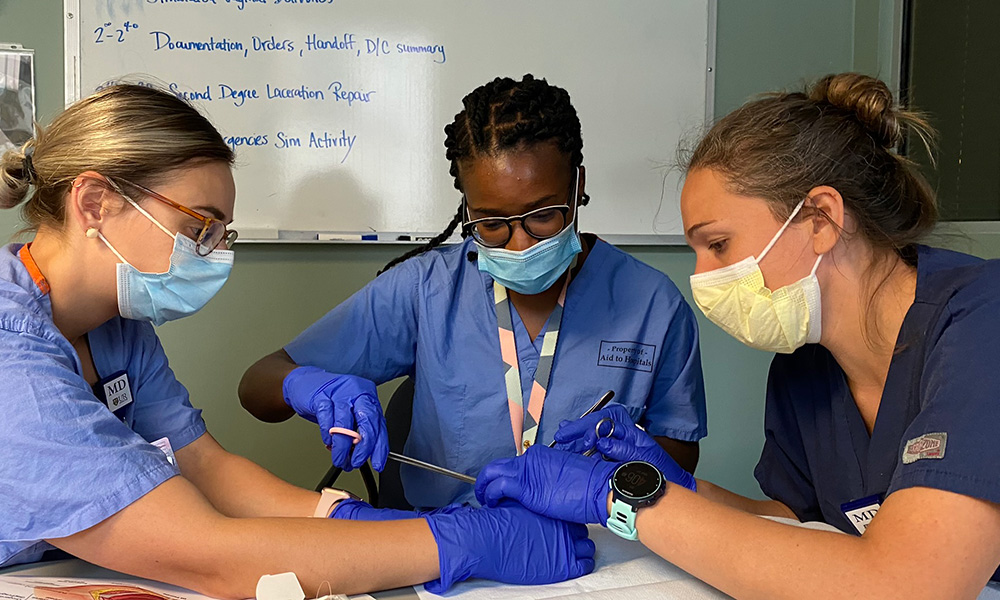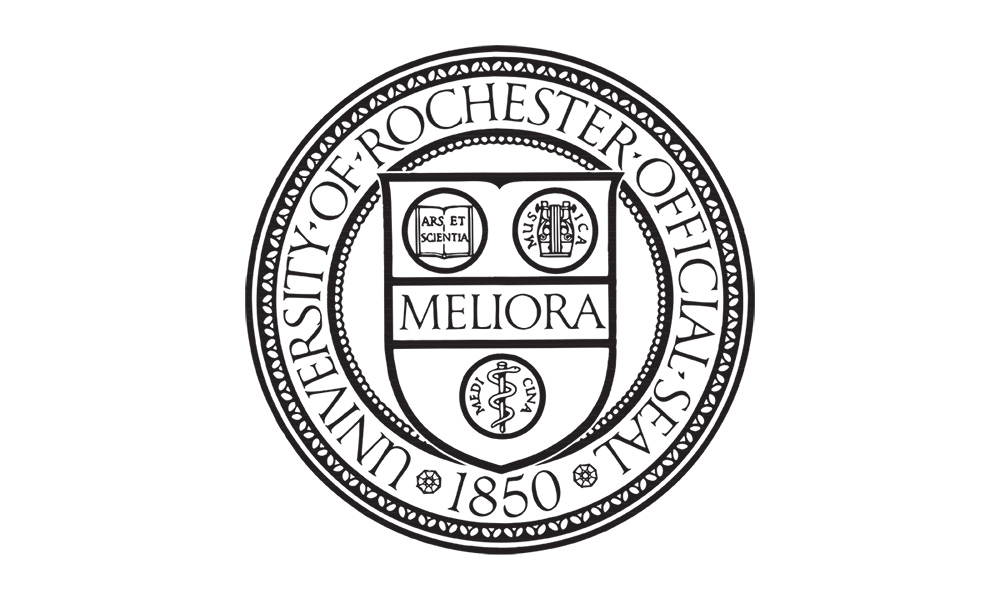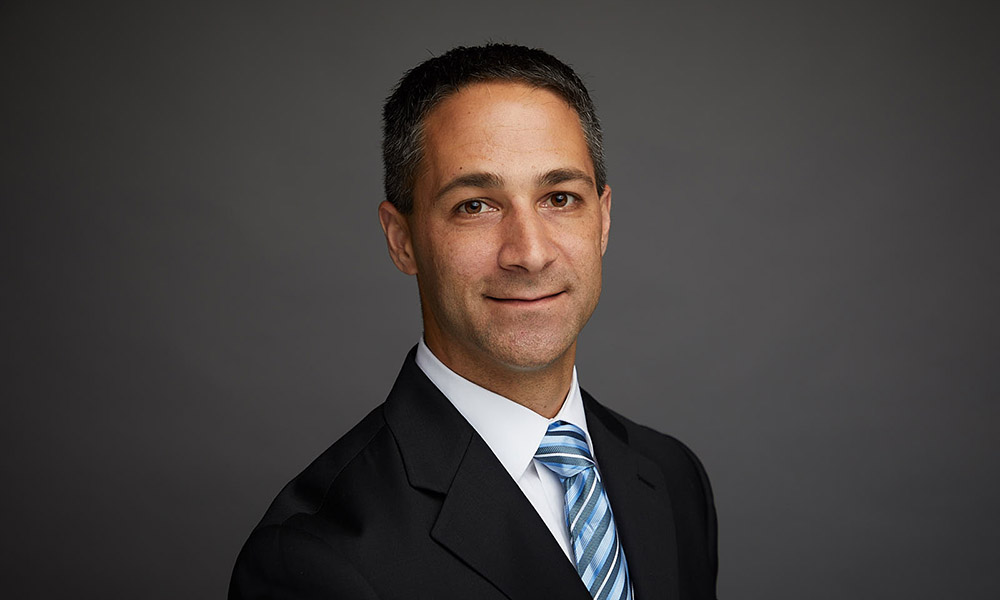While the COVID pandemic has required the University of Rochester to make many changes, one certainty remains: the mission to learn and make the world ever better continues. With this in mind, the Medical Center’s Graduate Medical Education (GME) Office had to satisfy both the demands to protect the health and safety of residents while enabling them to have a both high-value education and welcoming experience.
In June and July, more than 300 new residents arrived at the Medical Center to begin the next phase of their medical training.
Restart updates
For more information on the University’s plans for fall 2020, visit the Restart website regularly for updated FAQs, leadership messages, and news. You can also sign up for the weekly Rochester Restart newsletter.
In past years, the Offices of GME, Employee Health, Human Resources, Employee Assistance, and Total Rewards greeted new residents warmly in Flaum Atrium with smiles, handshakes, and in-person assistance to help them acclimate to the URMC community. Many of those connections were made virtually this year to respect social distance guidelines.
This year’s orientation sessions also emphasized the new world of health care, including caring for COVID patients, personal protective equipment (PPE) training, and resident safety.
Replicating the social experiences, which form the crucial bonds that help carry residents through their time in the program, was more challenging.
“Special attention was paid by our program directors to ensure these interpersonal meetings were addressed for this year, and facilitated in a socially appropriate way,” said Diane Hartmann, professor of obstetrics and gyenocology and senior associate dean for Graduate Medical Education. “New trainees meeting their colleagues is vital to feeling part of the team and establishing their network, so programs found ways to fulfill that part of the experience. Despite some bumps along the way, this year’s mostly virtual orientations were a great success thanks to a lot of creative thinking and effort.”
Getting to orientation was another remarkable feat with the GME Office staff working remotely. Onboarding for trainees is typically a paper-driven process—a process that was quickly converted to electronic communication, including verifying medical school transcripts, trainings, diplomas, vaccinations, and health screenings.
“We’re incredibly grateful to our program directors and coordinators who quickly learned how to do things differently,” said Hartmann. “Their professionalism in making sure we are taking care of our patients and each other shows the kind of institution we’re representing. We’re also demonstrating to our trainees our ability to adapt and perform amidst challenges, which are critical skills in health care—with or without a pandemic.”
The next challenge for GME is preparing for the 2021 residency programs.
Work is already underway to reshape recruitment in everything from the application process and campus visits to interviews and networking dinners into virtual experiences.
“COVID’s challenges are also opportunities to modernize—it is hard work for everyone, but also very exciting to explore,” says Hartmann.
Read more
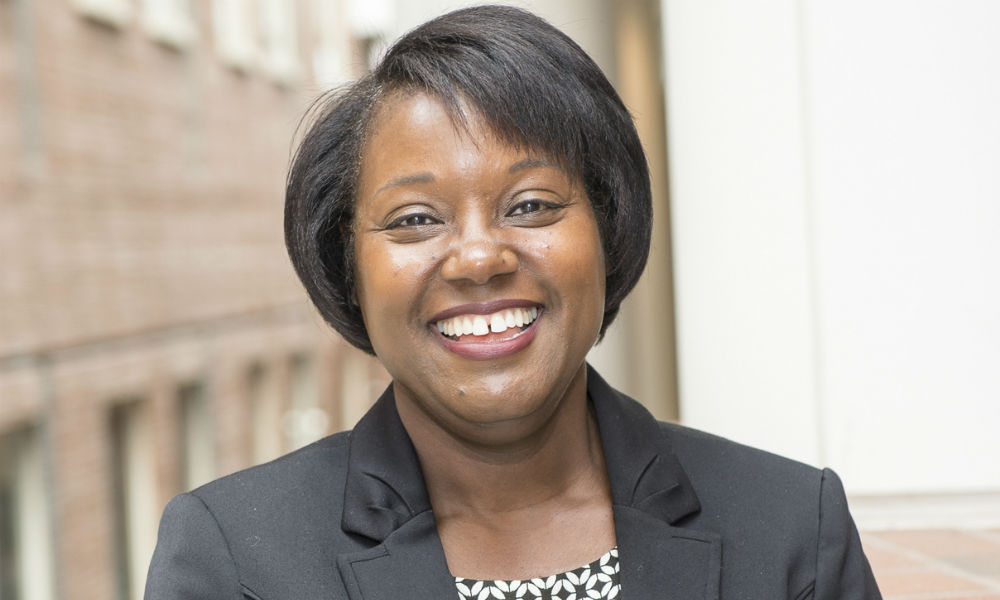
Reshaping and strengthening URMC’s inclusive culture
A change in URMC leadership integrates equity and inclusion efforts closely with those of the University while establishing a new center to advance gender and leadership.
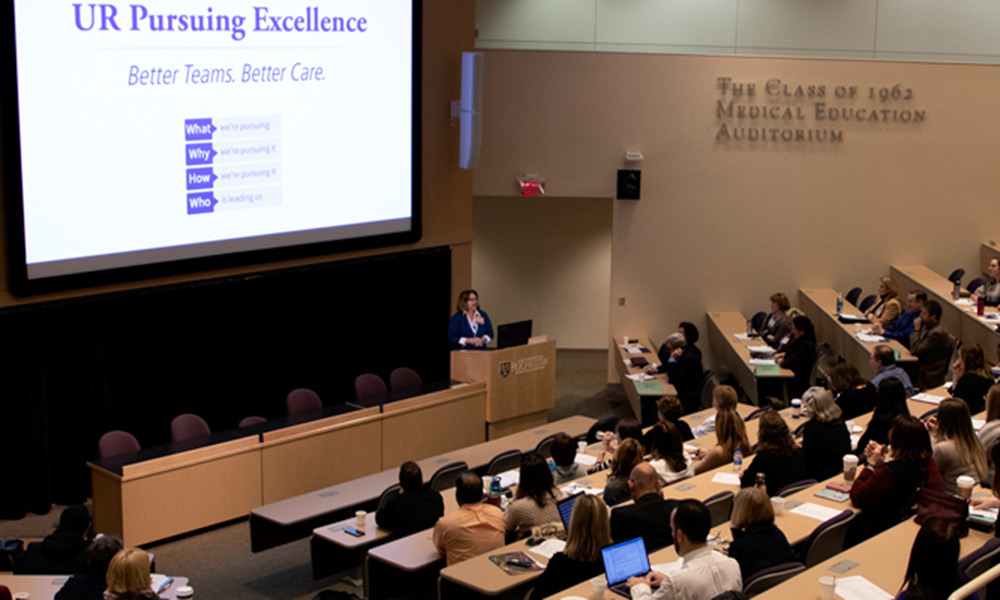 Leading in clinical learning environments
Leading in clinical learning environmentsThe Medical Center is one of only eight physician-training grounds in the United States selected to lead a four-year, nationwide effort to improve residency training for doctors.
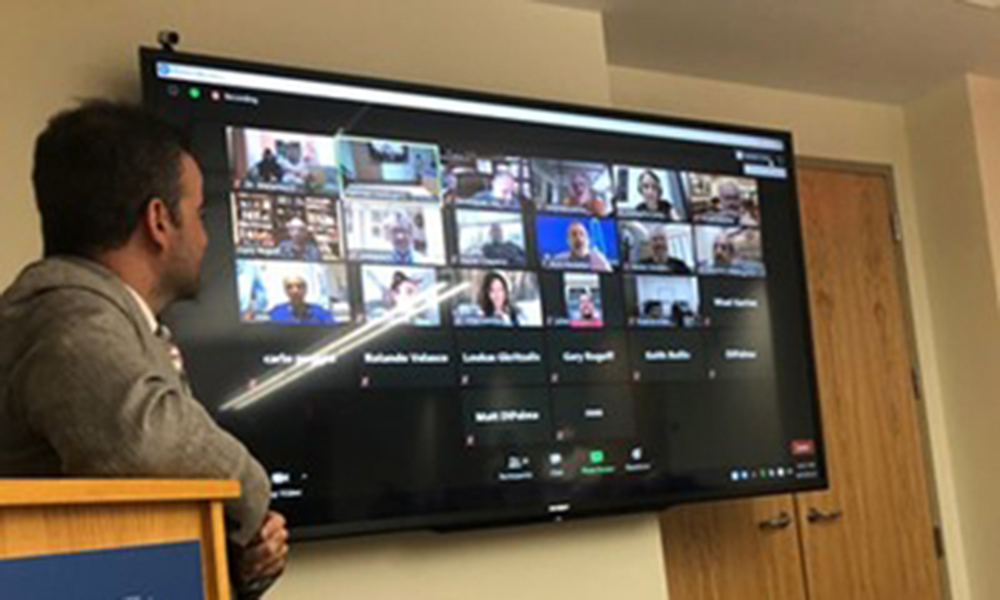
Dentistry: Celebrating the Class of 2020
The pandemic could not rob the Eastman Institute for Oral Health graduates of marking their significant accomplishments.

